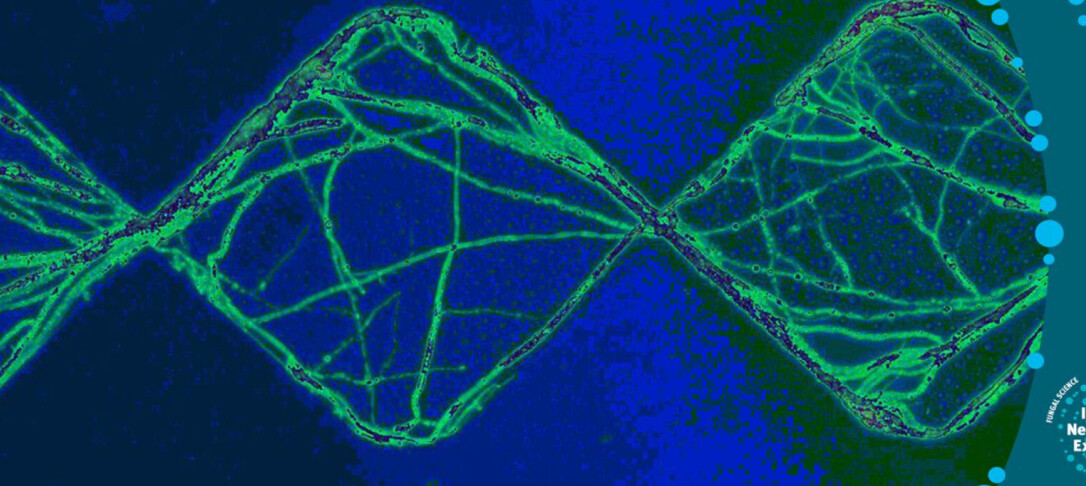
The Imperial Fungal Science Network is a hub for the mycology community, providing a leadership, advocacy and communications platform for mycologists and a developmental framework for future leaders in fungal research.
We warmly invite you to attend the Imperial Fungal Science Network Autumn Symposium 2023 taking place on Wednesday 22nd November 2023, 2-5pm, at Sir Alexander Fleming Building/G34 L ecture Theatre – Level 1, South Kensington Campus, London SW7 2AZ.
We strongly encourage in-person attendance to benefit from the networking across the afternoon and the drinks to follow. This is a hybrid event to ensure that our non-London members/audience can join for the talks remotely. Researchers interested in the Network can find more information and join the network via the dedicated website. Follow us @ImperialFungal
Scientific Program
14:00 – Start
14:00 – 14:05
Introductions & Network overview (Darius Armstrong-James)
14:05 – 15:05
Session 1: Ecology, Evolution and the Environment
Session Chairs: Martin Bidartondo, Michalis Barkoulas and Ioly Kotta-Loizou
14:05
Keynote Speaker 1
Prof. Mark Fricker (Department of Biology, University of Oxford)
Insights from Networks
14:25
Ms Jessica O’Connor (Botany Department, Trinity College Dublin)
An initial Fungal biodiversity survey of the Trinity College Botanic Gardens: Investigating the influence of rain on fungal diversity
14:35
Dr George Lund (Sustainable Soils and Crops, Rothamsted Research)
Searching for microbial secondary metabolites effective against Zymoseptoria tritici
14:45
Dr Esther Garcia-Cela (Department of Clinical, Pharmaceutical and Biological Science, University of Hertfordshire)
Predicting fungal spoilage in storage cereals: use of temperature, humidity and carbon dioxide
14:55
Mr Oliver Lindsay (Science: Ecosystem Stewardship, Kew)
The Carbon Community reforestation experiment
15:05
Dr Bethan Manley (SPUN Society for the Protection of Underground Networks)
Mapping and protecting the world’s mycorrhizal fungi: a hidden link between biodiversity protection and carbon drawdown
—
Tea & Coffee Break on the Concourse (30 minutes)
—
15:45 – 17:05
Session 2: Biotechnology and Engineering & Pathogenesis of Fungal Diseases
Session Chairs: Claire Stanley, Rodrigo Ledesma Amaro & Darius Armstrong-James
15:45
Keynote Speaker 2
Dr Leonardo Rios Solis (Department of Biochemical Engineering, UCL)
Yeast microbial cell factories: working at the boundaries of Synthetic Biology and Bioprocess Engineering
16:05
Ms Léa Bernier (Department of Bioengineering, Imperial College London)
Spores-on-a-Chip: deciphering the responsiveness of microbial spores using microfluidic chemostats
16:15
Dr Evelina Basenko (FungiDB Scientific Outreach & Education Specialist, University of Liverpool)
FungiDB: A web-based bioinformatics platform for omics scale data exploration and analysis
16:25
Dr Gerald Larrouy-Maumus (Department of Life Sciences, Imperial College London)
A simplified workflow for the detection of Glycosyl-Inositol-Phospho-Ceramides from Aspergillus fumigatus using commercially available MALDI-TOF MS-based assay
16:35
Ms Kirstie Lucas (NHLI/Visiting Researcher from Pulmocide, Imperial College London)
Accelerated evolution of azole resistant Aspergillus fumigatus by diesel particles
16:45
Mr Harry Chown (Department of Infectious Disease Epidemiology, Imperial College London)
Pan-genomic analysis of Aspergillus fumigatus
16:55
Dr Aize Pellon Rodriguez (Centre for Host-Microbiome Interactions, King’s College London)
Nutritional immunology and immunometabolic approaches to fight mucosal fungal infections
by 17:05 – Close
Drinks in the Foyer